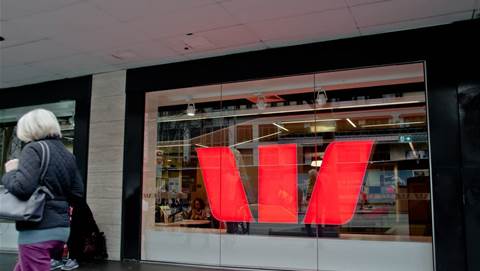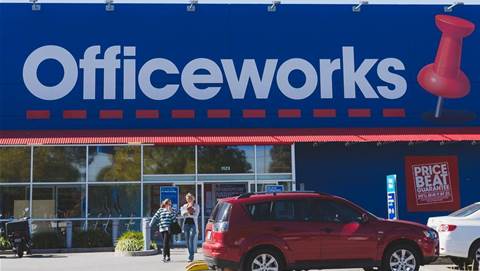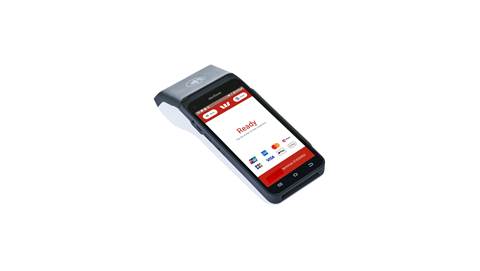Treasury Wine Estates (TWE) is using autonomous vehicles, AI and sensors to improve grape yields and reduce water consumption in its vineyards.
The ASX-listed winemaker's 2022 -23 sustainability report [pdf] said TWE saved water and mitigated the impacts of unpredictable weather conditions and extreme events with investments in automated irrigation, predictive analytics and sensors.
Syncing irrigation times, harvest locations and harvest schedules with localised forecasts of vineyards' weather and yield trajectory was an example of the company's "resilience to a changing climate", the report said.
“We continued to focus on using technology to progress digital platforms and management of big data to deliver improved forecasting of vineyard production and changing weather patterns to protect our crops and improve overall operational efficiencies," it said.
Predictive AI
In 2020, TWE signed a three-year contract to use The Yield’s microclimate and harvesting prediction platform Signal+ at its Australian, New Zealand, European and US vineyards after a two-year trial at the wine giant’s South Australian Penfolds Magill Estate.
TWE used the Australian agritech startup’s “artificial intelligence to determine yields and harvest dates to prevent excessive cropping in specific areas and manage network capacity.”
The real-time input data includes “visual data” about the grapes’ “growth stage”, and according to TWE’s 2022 sustainability report, “air temperature, humidity, wind speed and direction, rainfall, and soil moisture.”
Signal+’s shorter - normally “14-day forecasts” - help TWE “scenario plan for optimal spray days (i.e. low or no wind to eliminate spray drift) as well as the likelihood of extreme weather events so we can mitigate well ahead of the impending event.”
"Long-term outlooks give an indication of harvest timing or probability that weather may impact a certain phenological stage (i.e. flowering and fruitset),” the 2022 sustainability report said.
Robot water sprayers
After Yamaha Motor bought an $11 million stake in The Yield, the vendors prototyped combining Yamaha’s robotics platform and unmanned ground vehicles with Signal+ at TWE’s vineyards.
Yamaha states that the joint solution aimed “to optimise spray effectiveness by integrating robotics technologies with weather data and spray guidelines to maximize autonomous spray efficiency.”
Yamaha’s self-driving irrigation vehicles were also equipped with visual sensors to enrich Signal+’s models with more mobile data.
“The robots can passively collect visual data that we can feed back into our algorithms to continually improve them,” the startup’s founder Ross Harvey said in a statement at the time.
TWE’s 2023 sustainability report said that, in addition to Yamaha, it had partnered with several other automated operational technology providers.
“This year, TWE made a series of investments in Australia, Europe, and the US into robotic and electrified vineyard machinery from a range of manufacturers including Agtonomy, GUSS, Monarch Tractor, Robotics Plus, SwarmFarm, VitiBot and Yamaha.”
“In the US more than 325 hectares were farmed autonomously in FY23, with further expansions in the near future.”
In addition to efficient irrigation, the electronic, automated vehicles help “carbon reduction,” provide “the ability to apply softer chemistry to growing vines” and remove “workers from higher-risk situations such as steep slopes,” the 2023 sustainability report said.
Real-time data
TWE’s 2023 sustainability report said the company had committed to “installing smart water meters at 100 percent of sites in high- and medium-risk catchments by FY25.”
The “smart water meters” used in TWE’s “mosaic of approaches to water metering and data capture …interface with other technology (for example, moisture point probes)” and “weather stations” for collecting rain, temperature and humidity data.
“Trials of different irrigation control systems that integrate with our existing irrigation systems are also underway.
“These control systems are designed to help determine the vines’ water requirement and ensure that the right amount of water is used at the right time by integrating information from moisture probes and weather stations.”
The report said that the “insights” water monitoring provided went beyond “water application versus yield outcomes.”
In addition to making irrigation more efficient, the water surveillance data helps streamline “compliance risk management (such as managing extraction allocations)” and helps track “water security in the regions where we [TWE] operate.”


.png&h=140&w=231&c=1&s=0)





 Forrester Technology & Innovation APAC 2023
Forrester Technology & Innovation APAC 2023


















